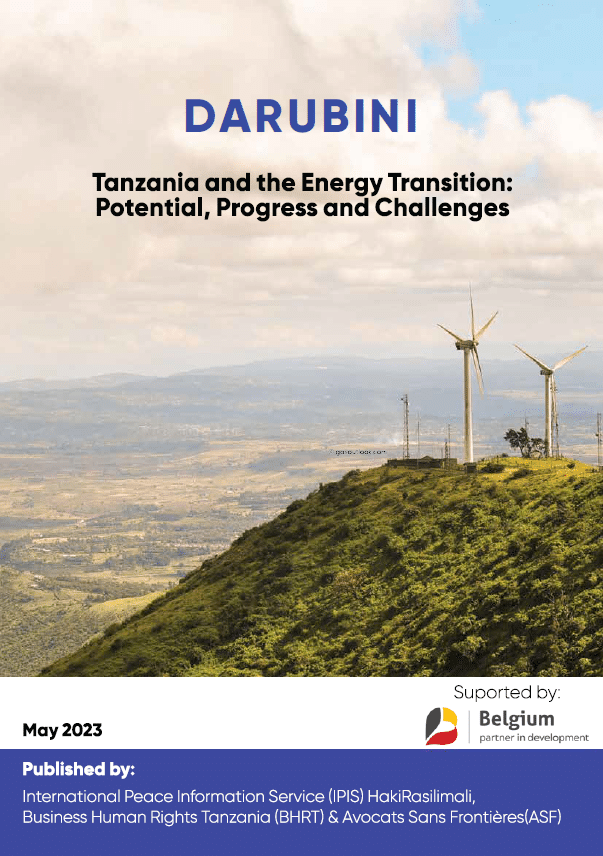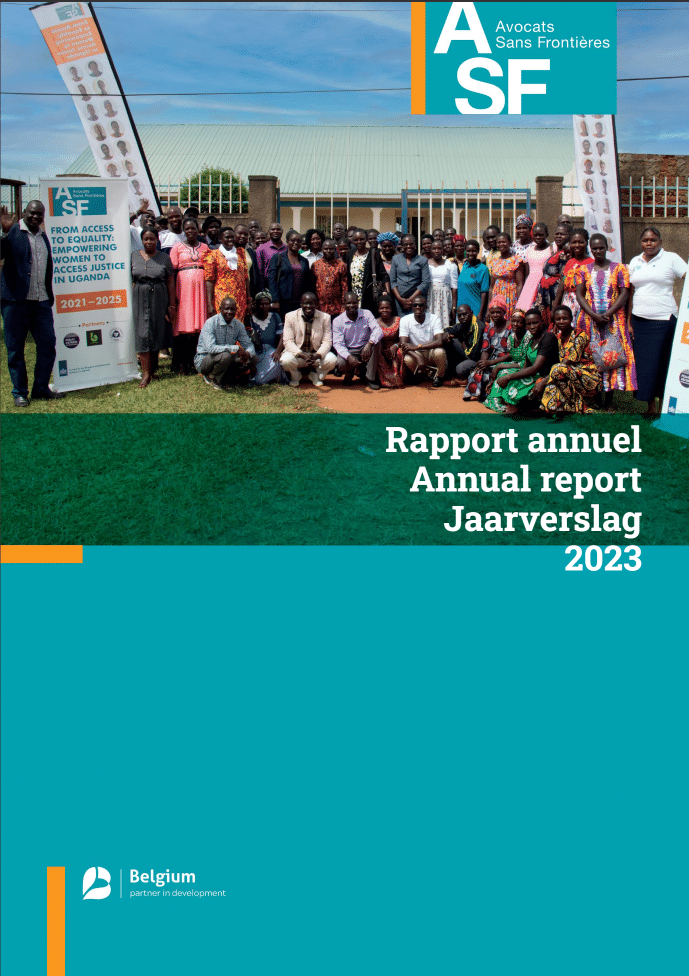Country: Tanzania
-

What’s new with Justice ExPEERience?
Justice ExPEERience was launched in 2021 by Avocats Sans Frontières. Today, the network brings together over 800 members working in the fields of human rights defense, access to justice and the fight for social justice in some 50 countries.
-
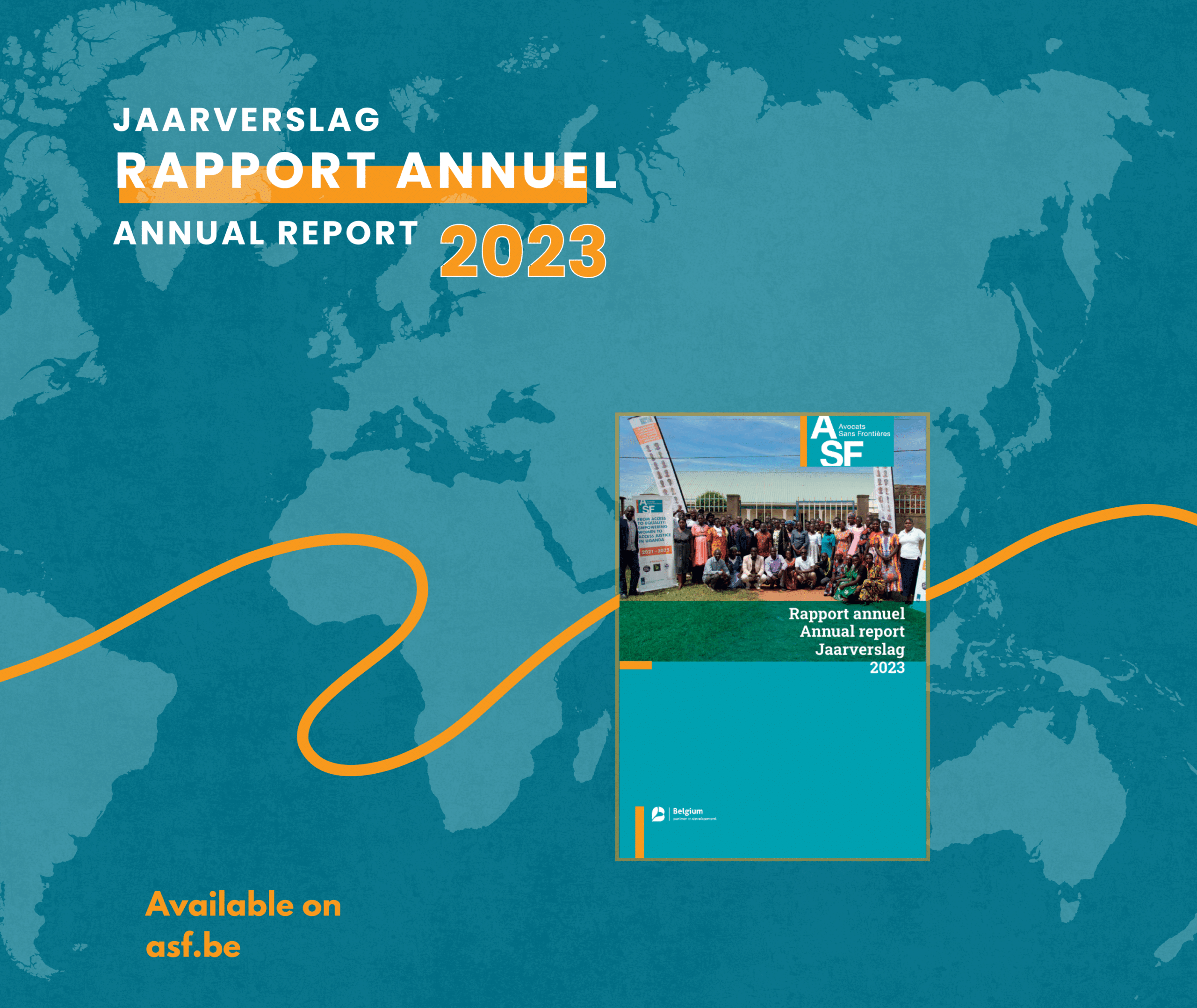
ASF’s annual report is available!
ASF has just published its 2023 annual report. In it, the organisation discusses the many challenges it faces at a time when authoritarianism is on the rise and the principles of human rights and the rule of law are being attacked throughout the world. In the face of these challenges, ASF is adapting and adapting…
-
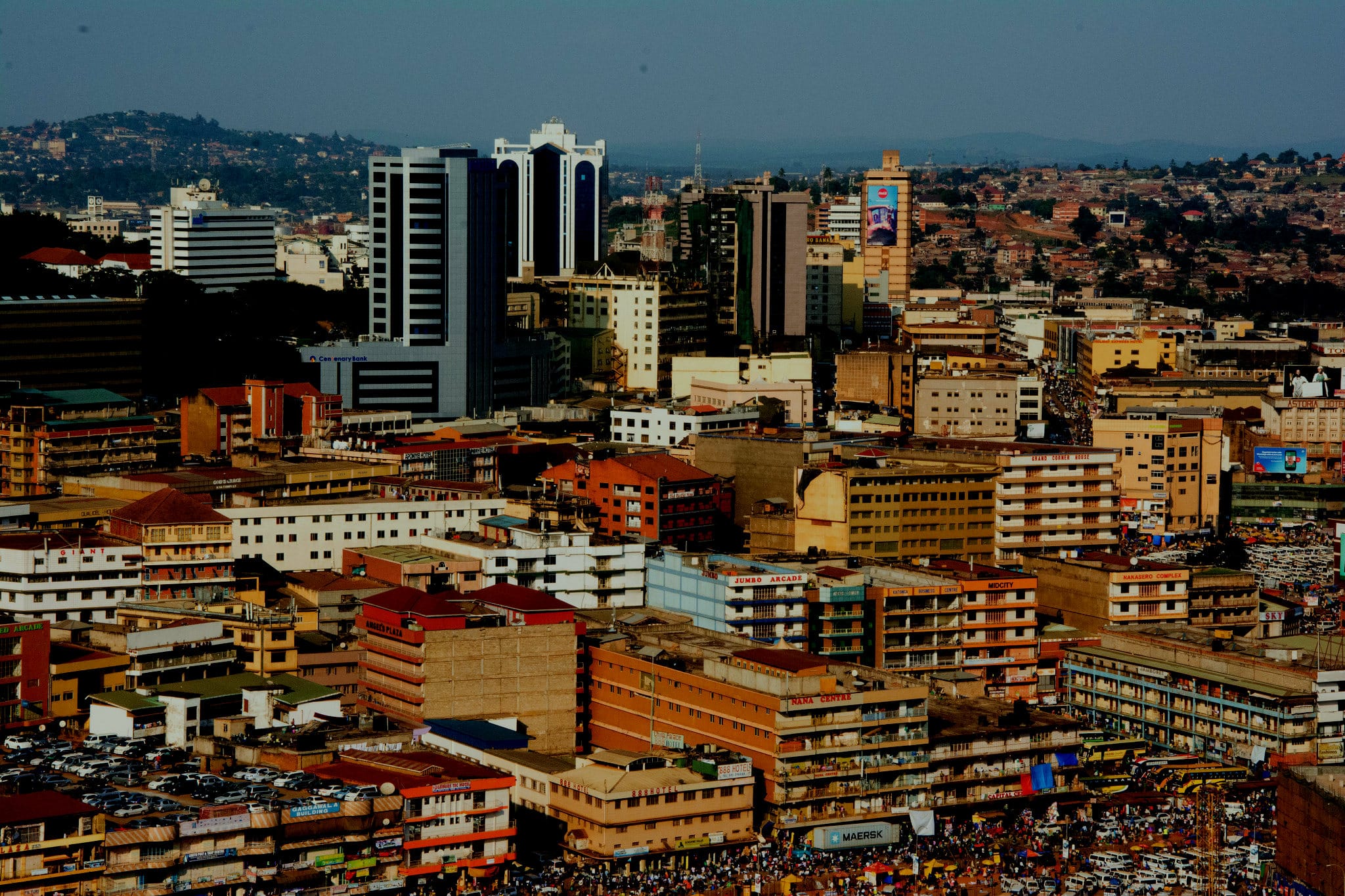
Policy Brief – Analysing Civic Space in East Africa through a judicial lens
For the past years, civic space has been described as “shrinking” in many countries around the world. The adoption of restrictive laws, the harassment of journalists, the arrest and detention of human rights defenders, the suspension of activities or freezing of accounts of civil society organisations, are common tactics used by states to restrict civic…
-
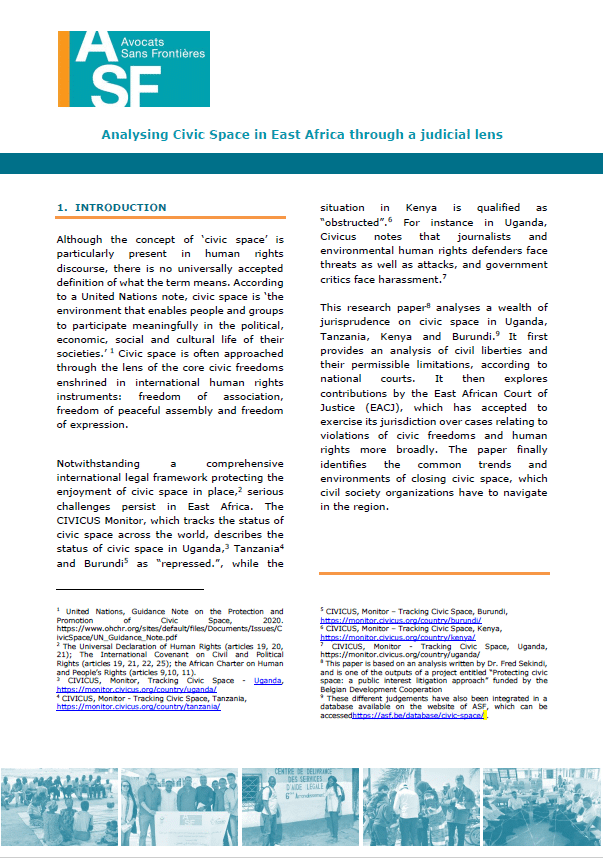
-
The Attorney General of the United Republic of Tanzania v. Freeman A. Mbowe and Others
Decisions The Attorney General of the United Republic of Tanzania v. Freeman A. Mbowe and Others (Appeal Division) Mbowe and Others v. Attorney General of the United Republic of Tanzania (First Instance Division)
-
Managing Editor, Mseto and Another v. Attorney General of the United Republic of Tanzania
Decision Managing Editor, Mseto and Another v. Attorney General of the United Republic of Tanzania
-
The Media Council of Tanzania and Two Others v. The Attorney General of United Republic of Tanzania
Decision The Media Council of Tanzania and Two Others v. The Attorney General of United Republic of Tanzania
-
Jebra Kambole v. United Republic of Tanzania
Decision Jebra Kambole v. United Republic of Tanzania

